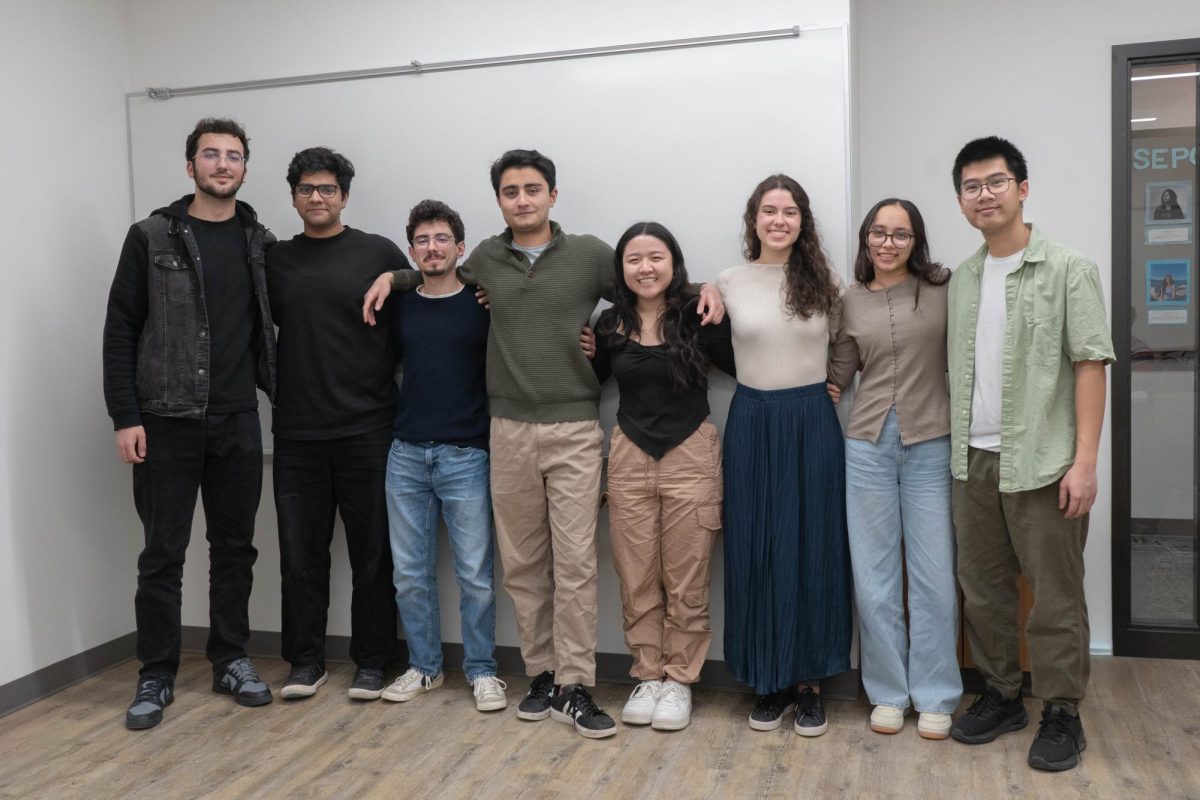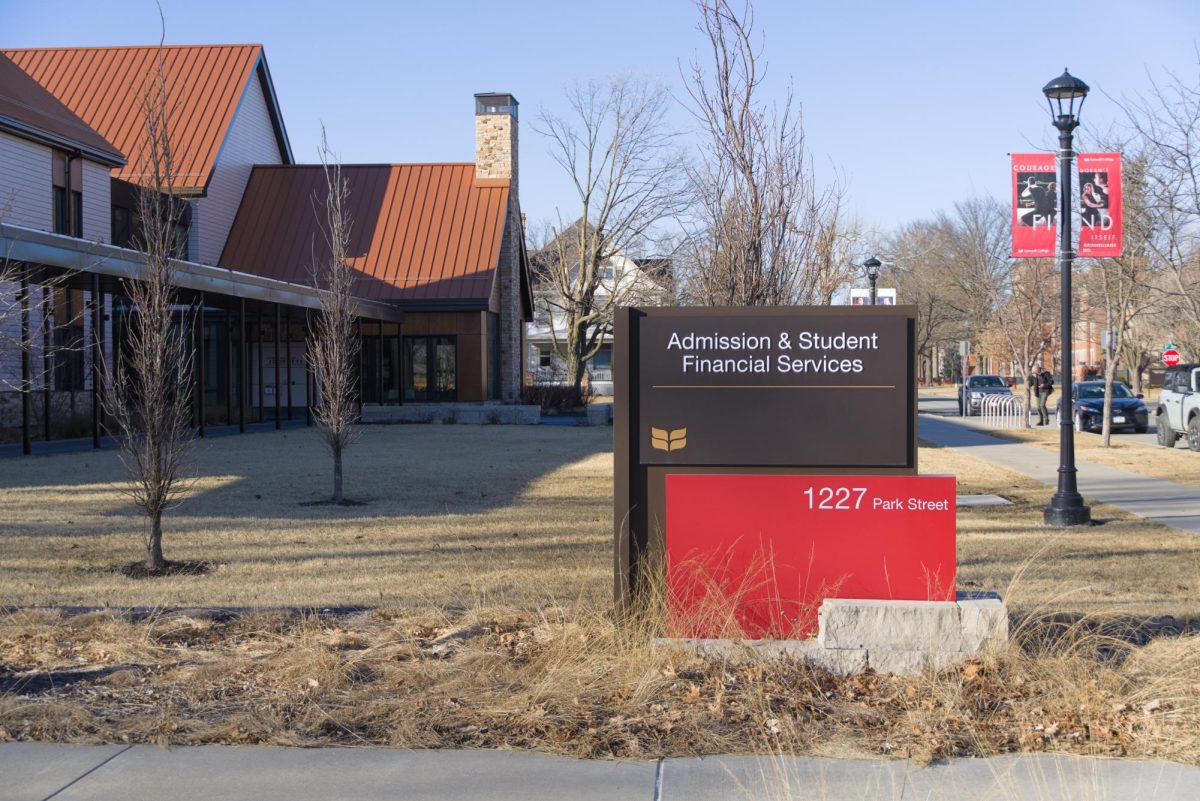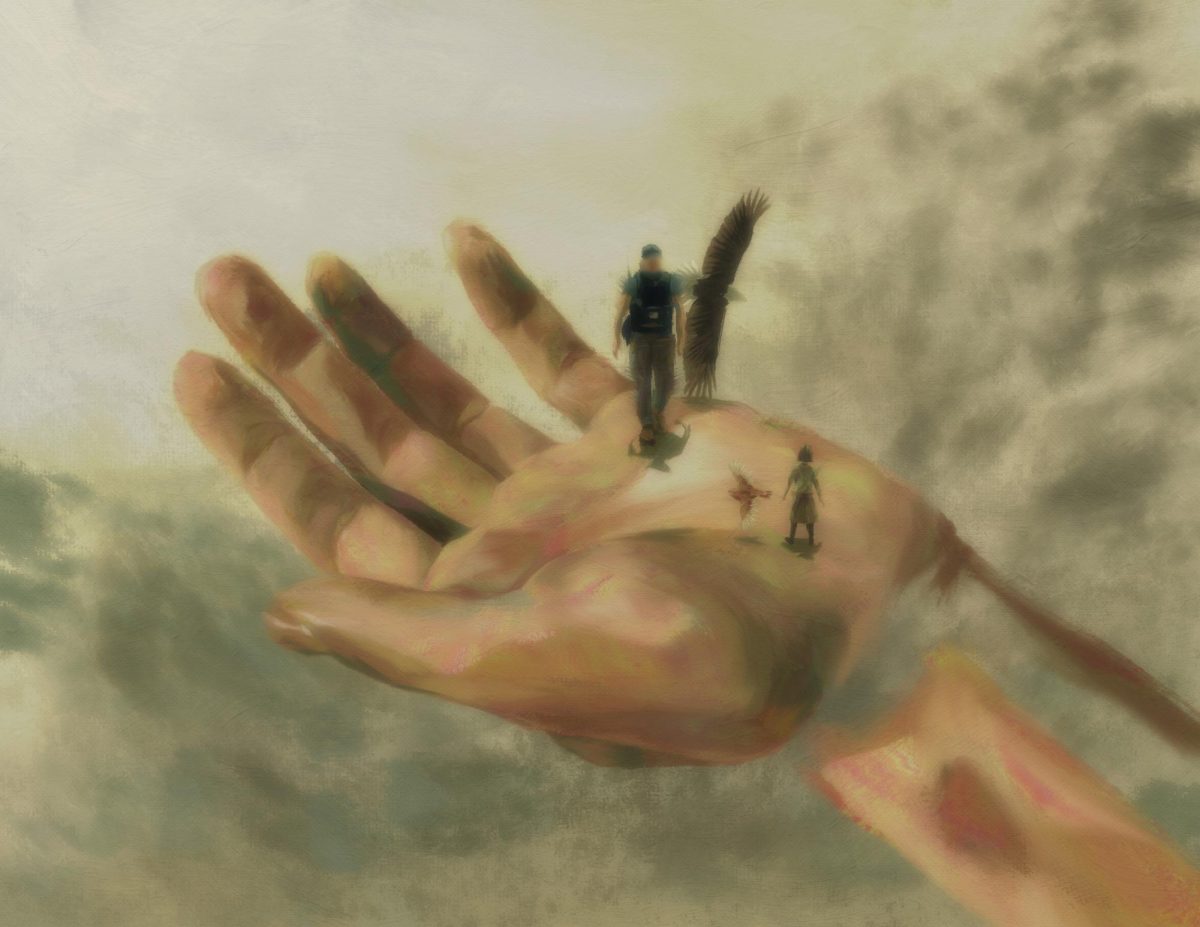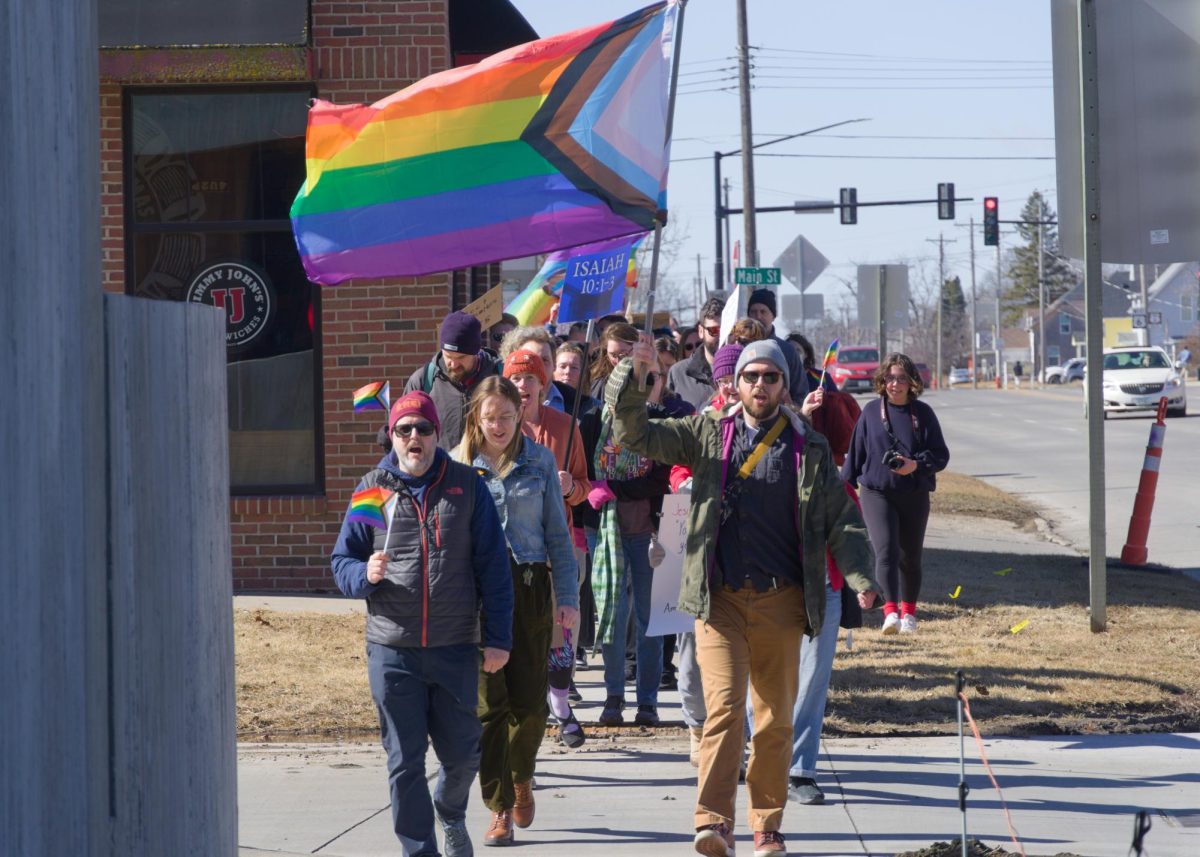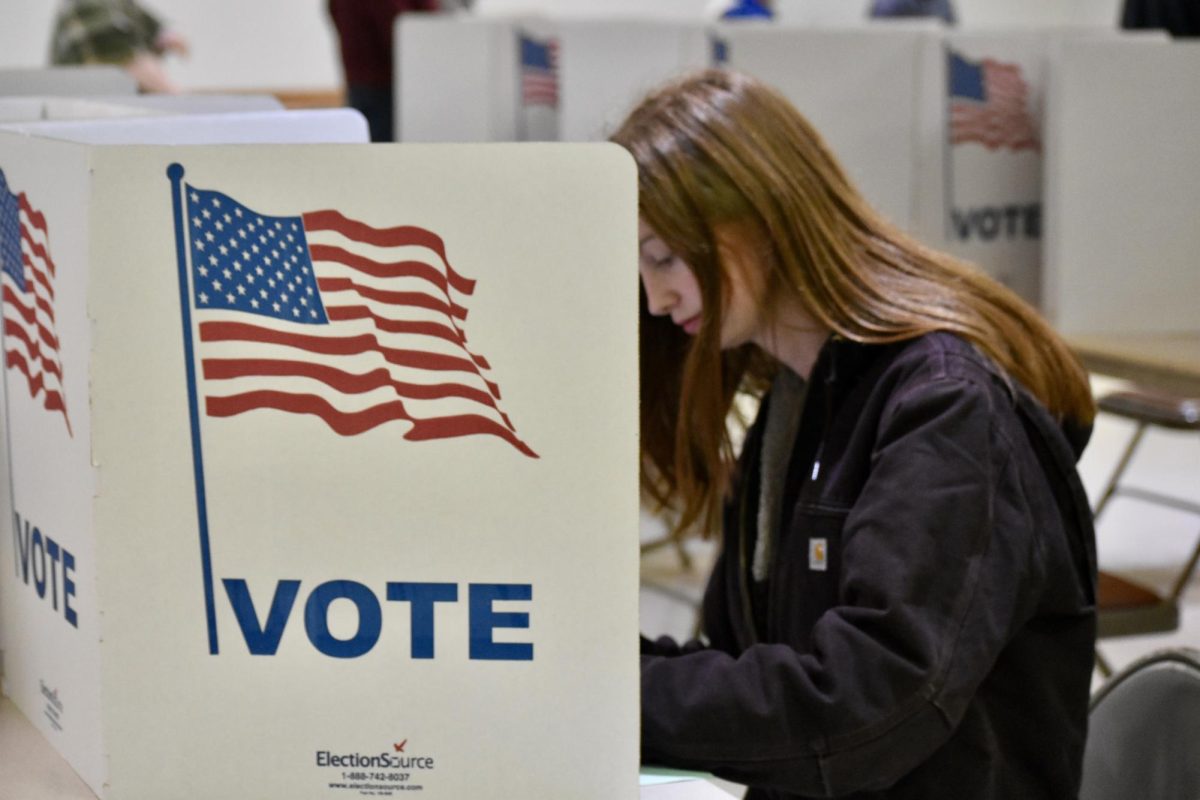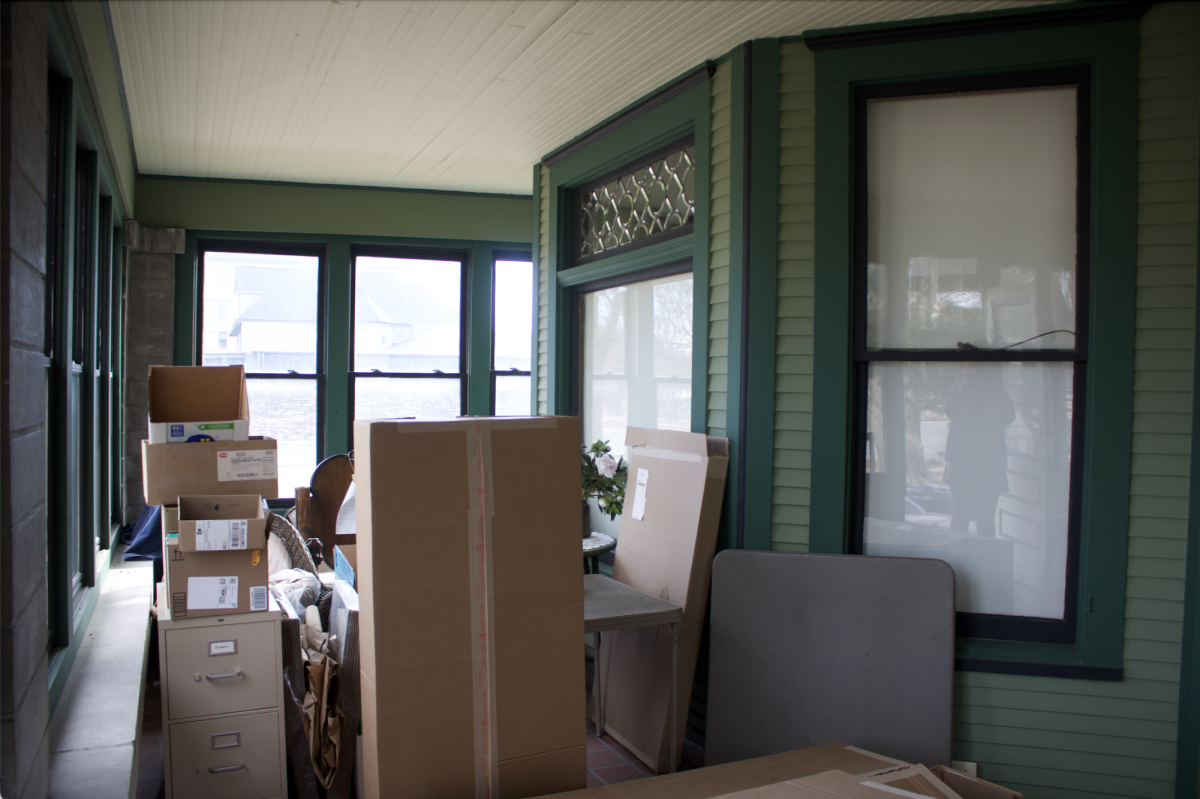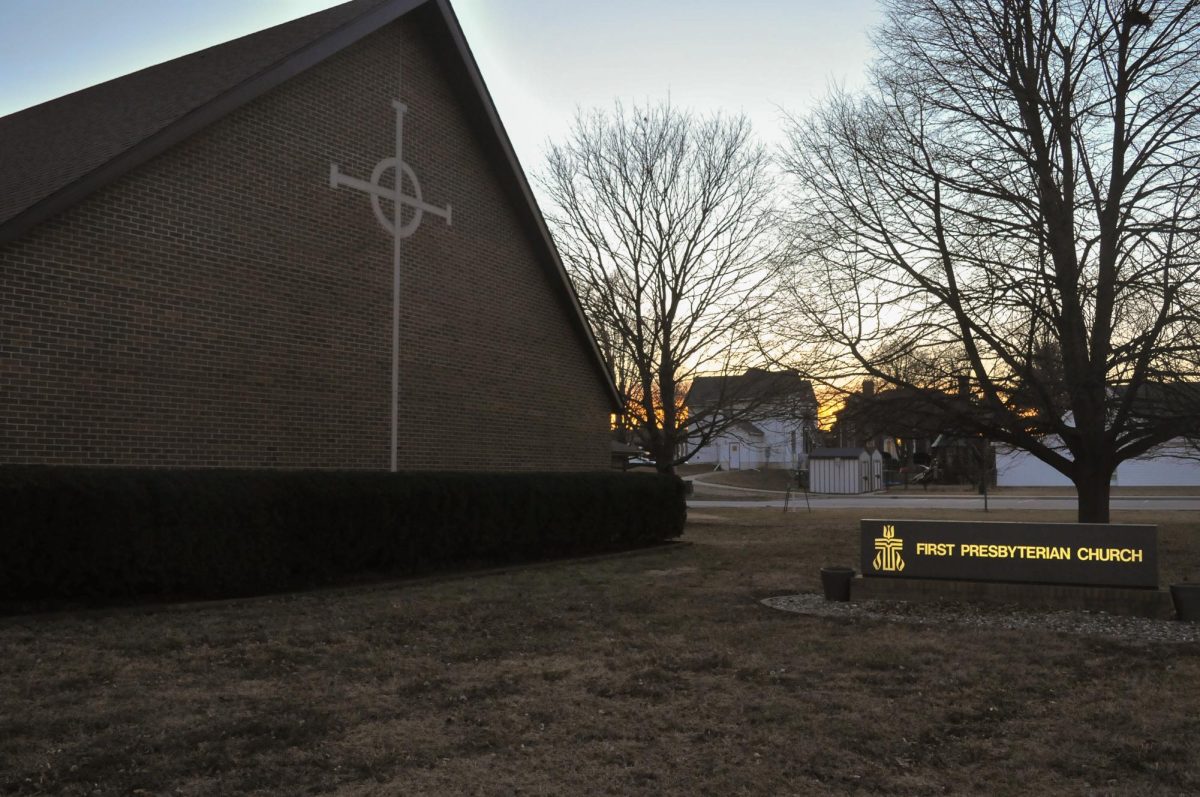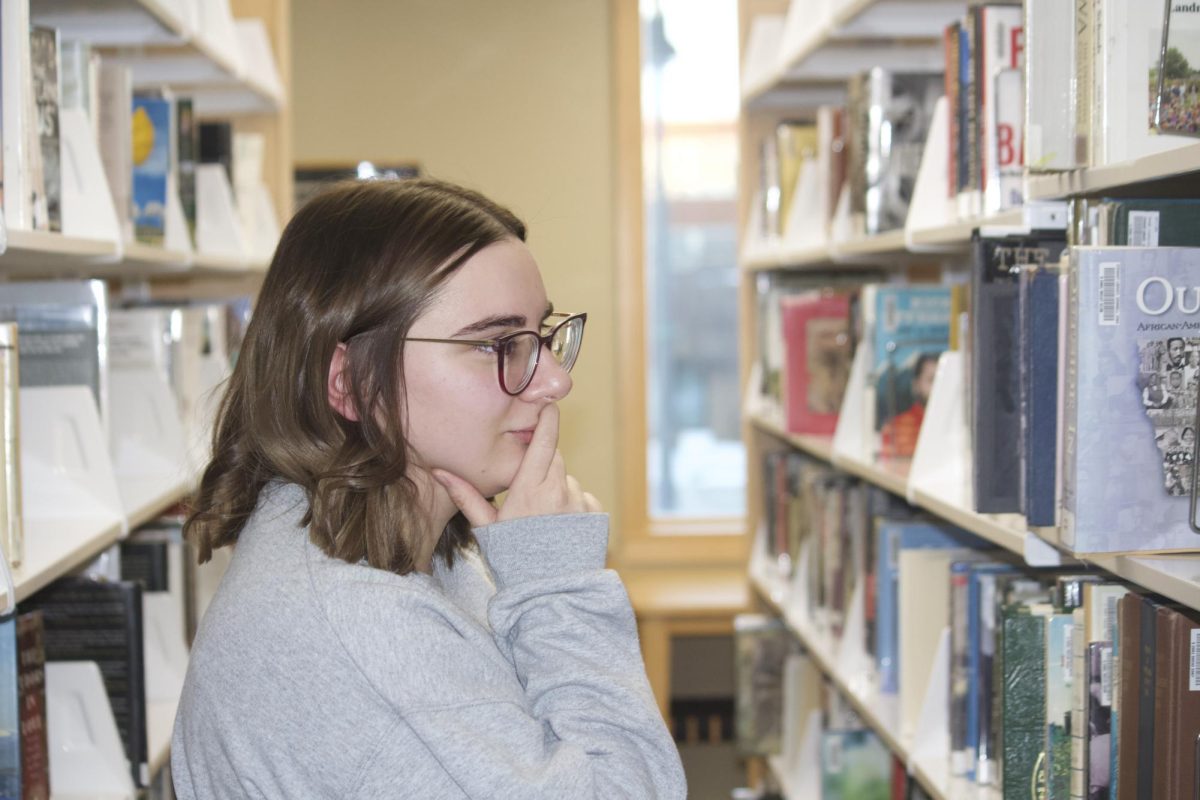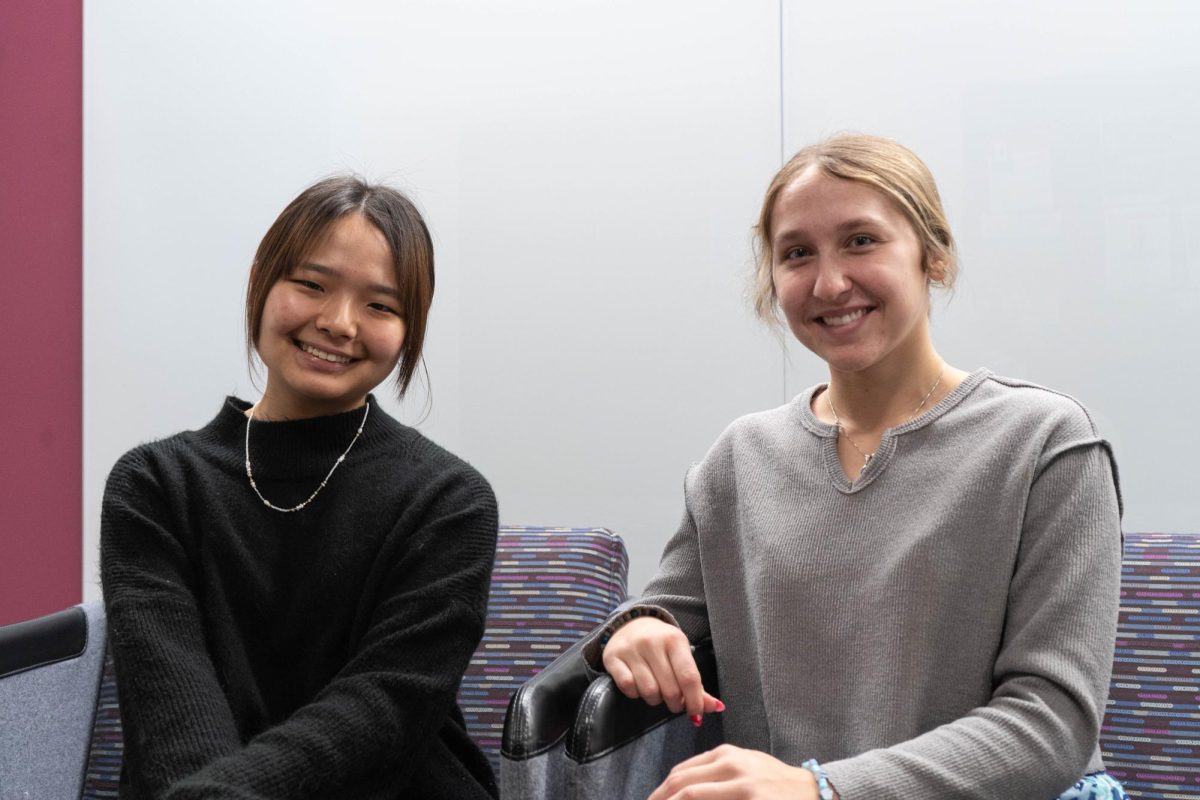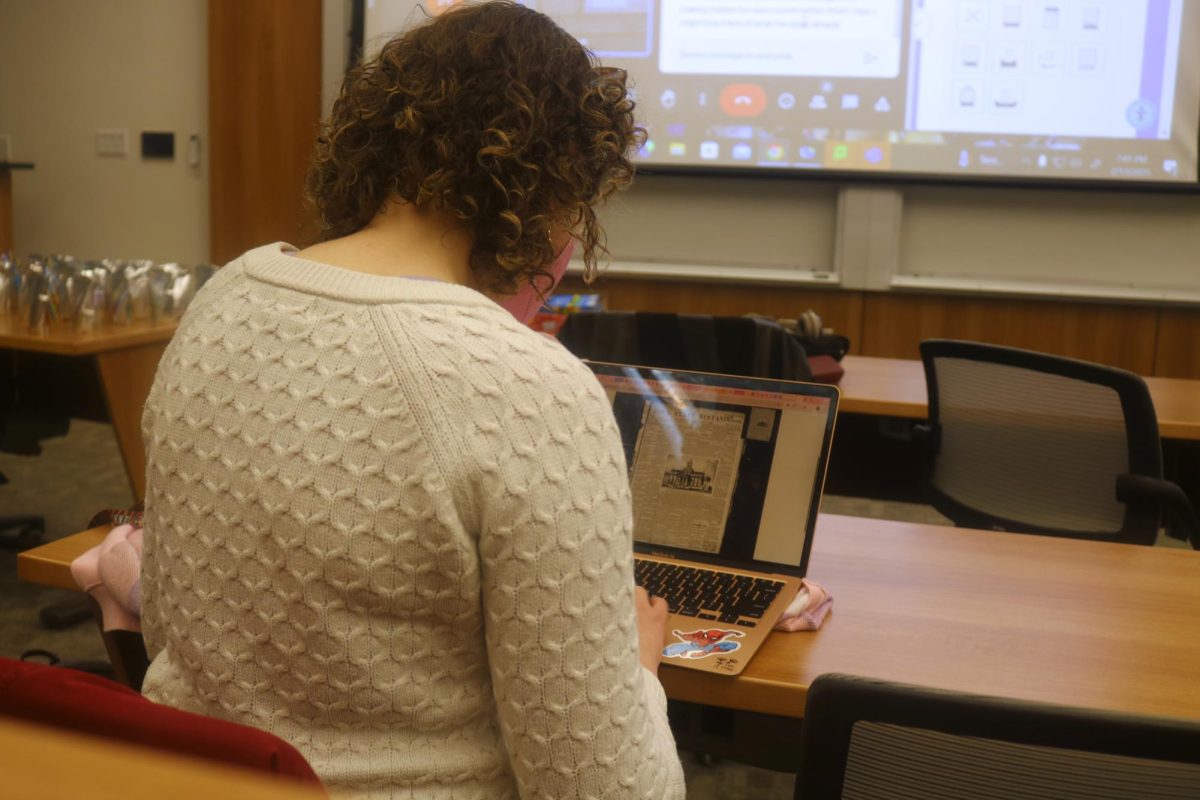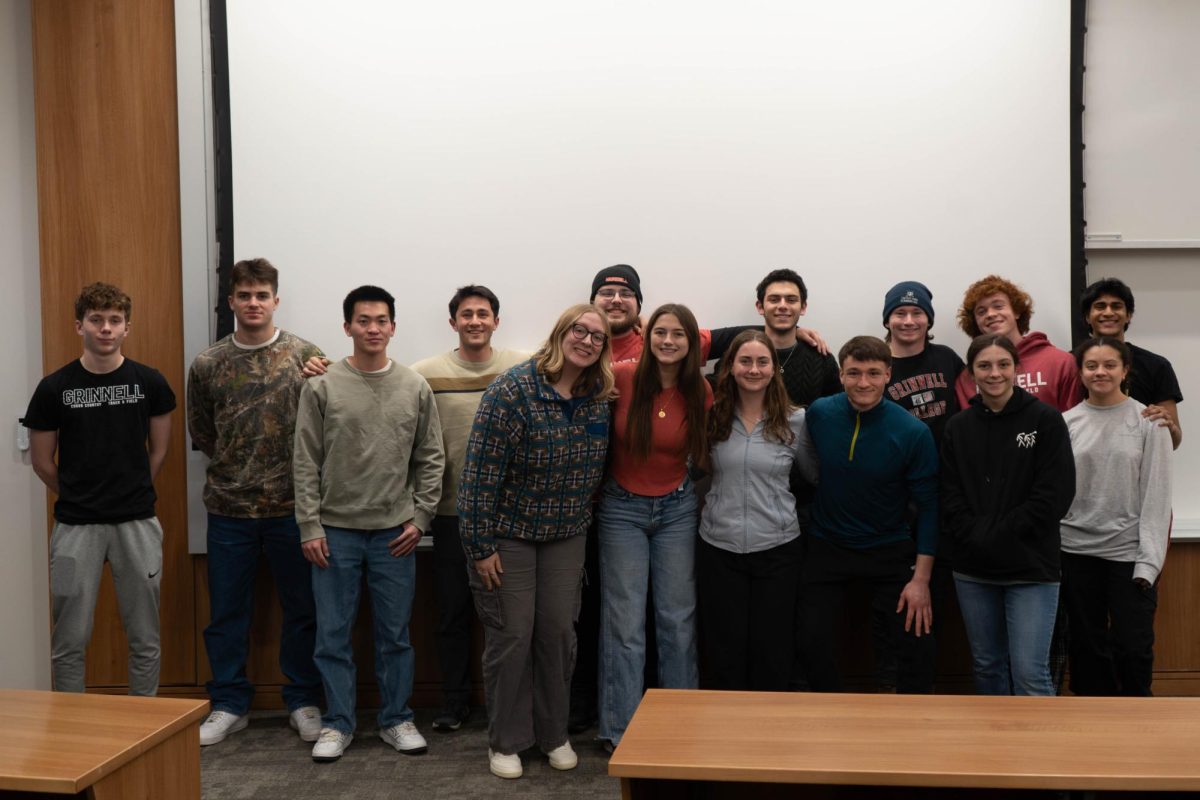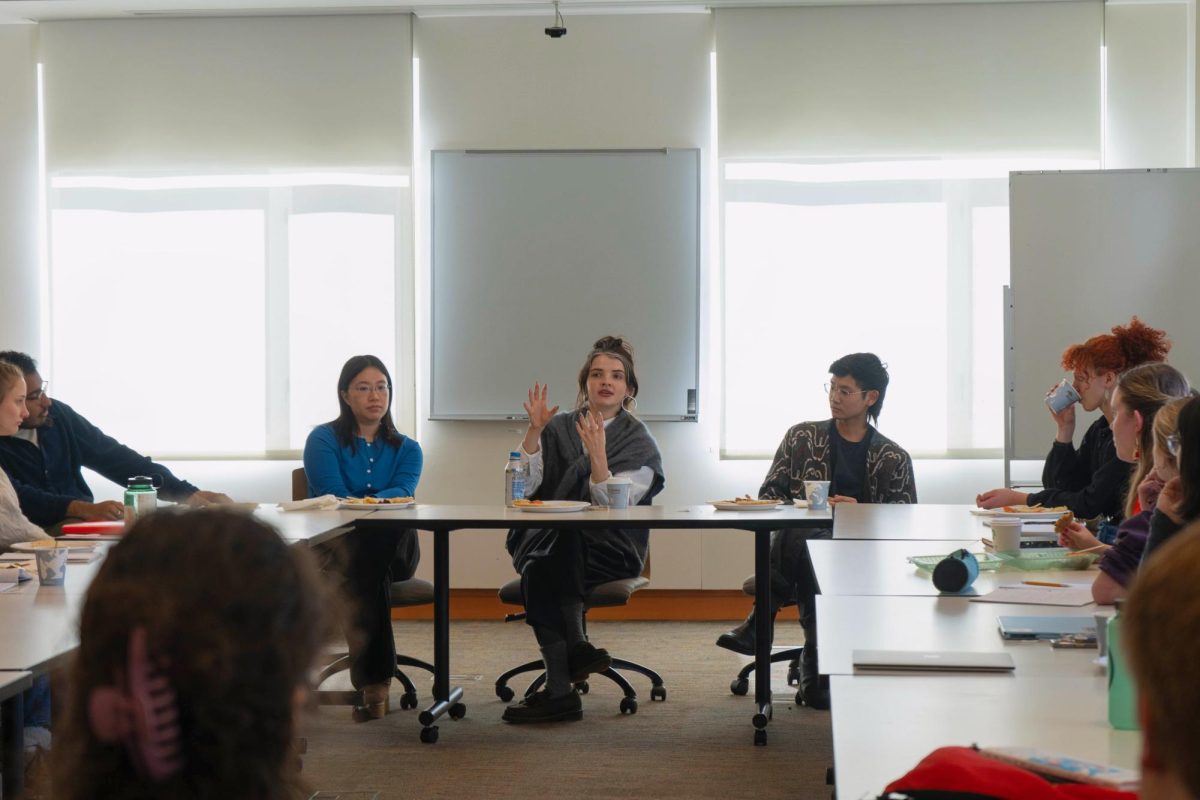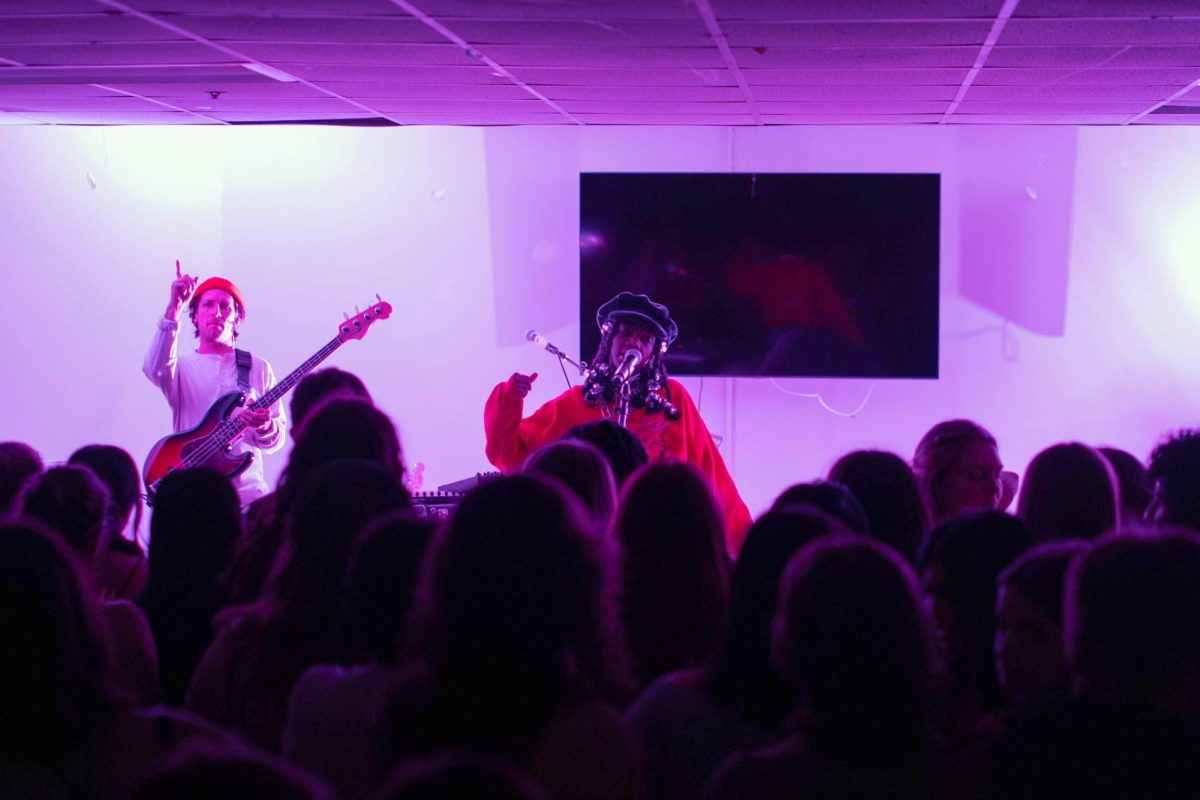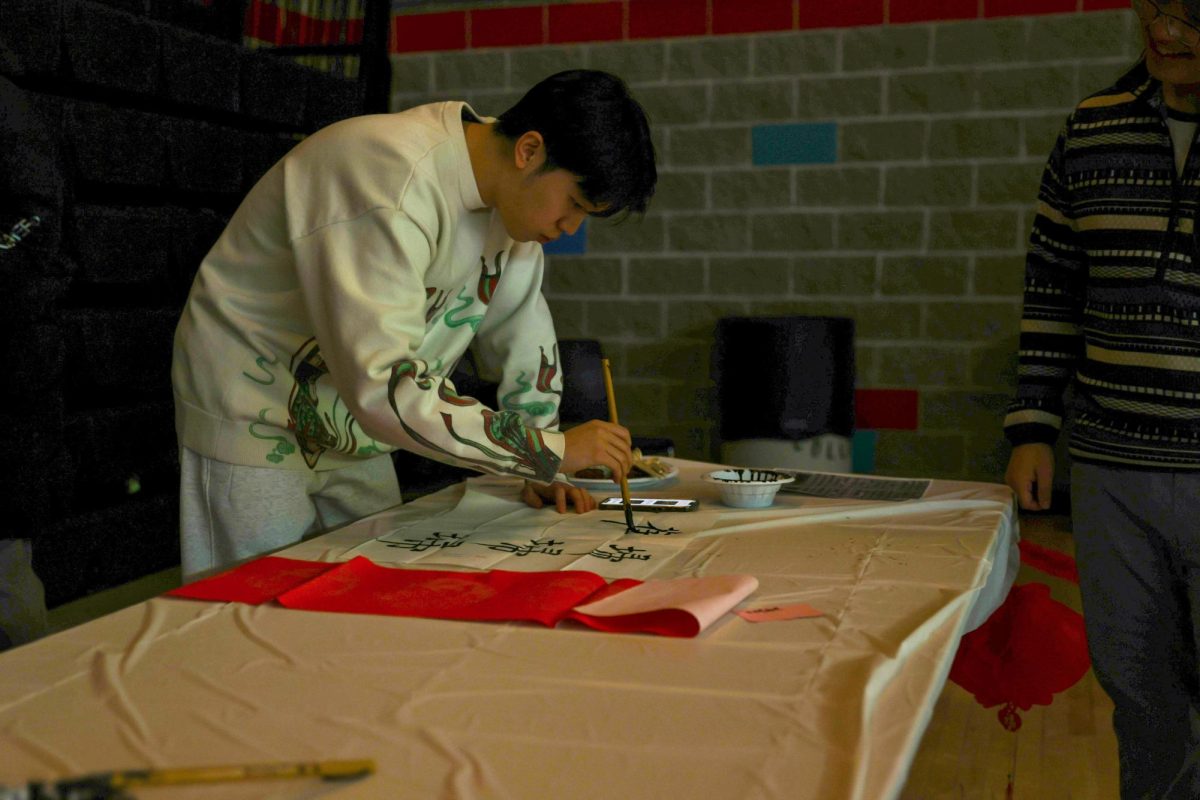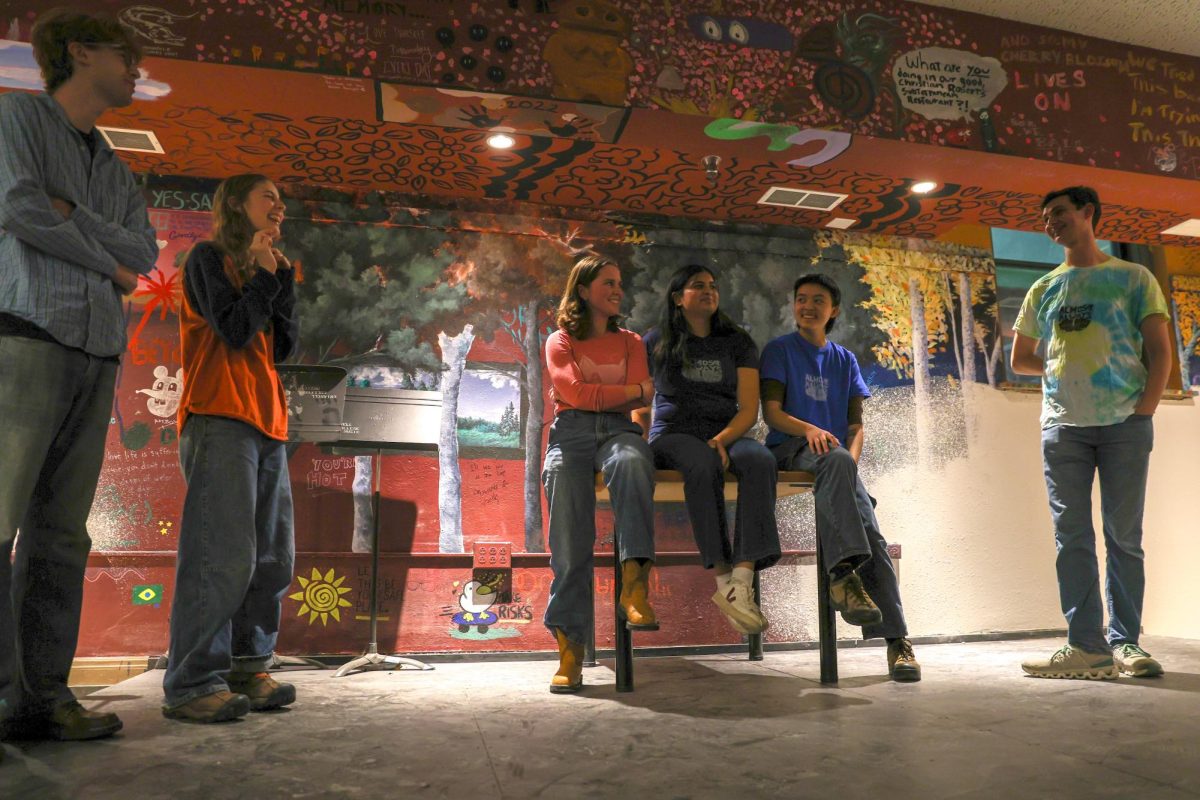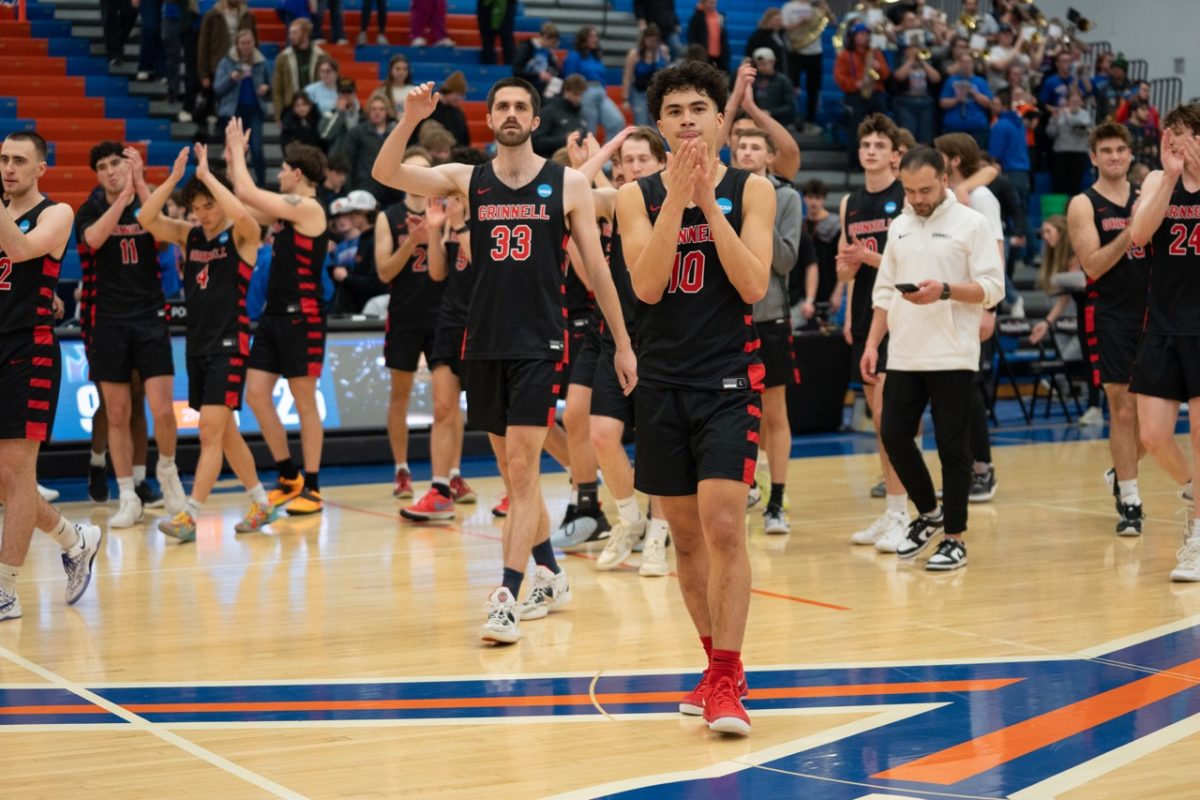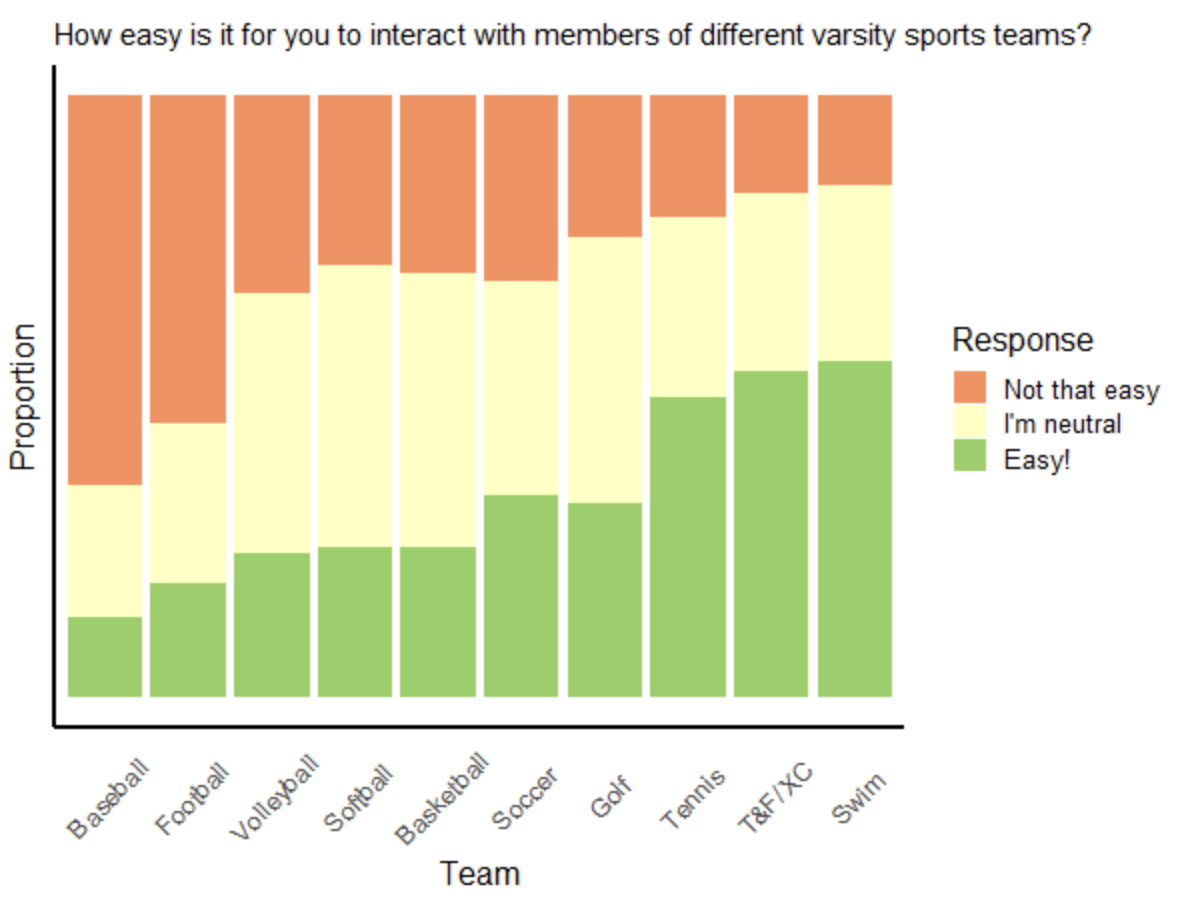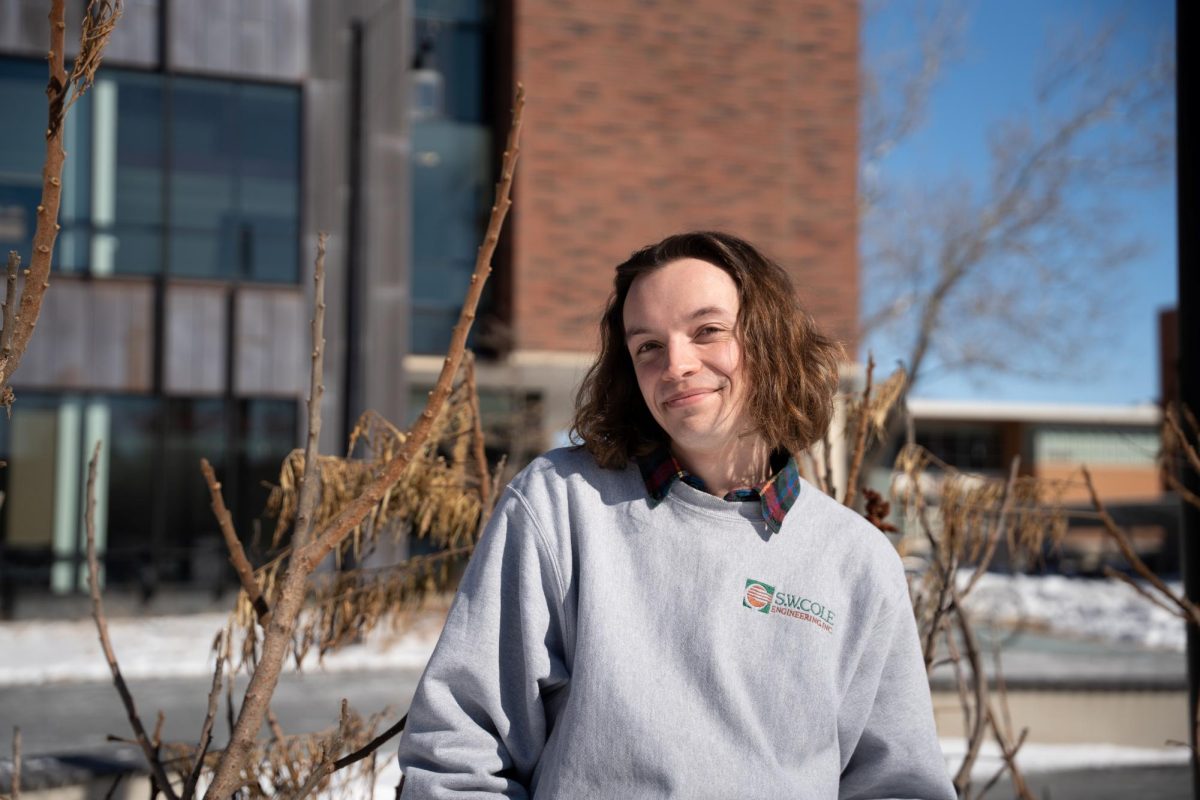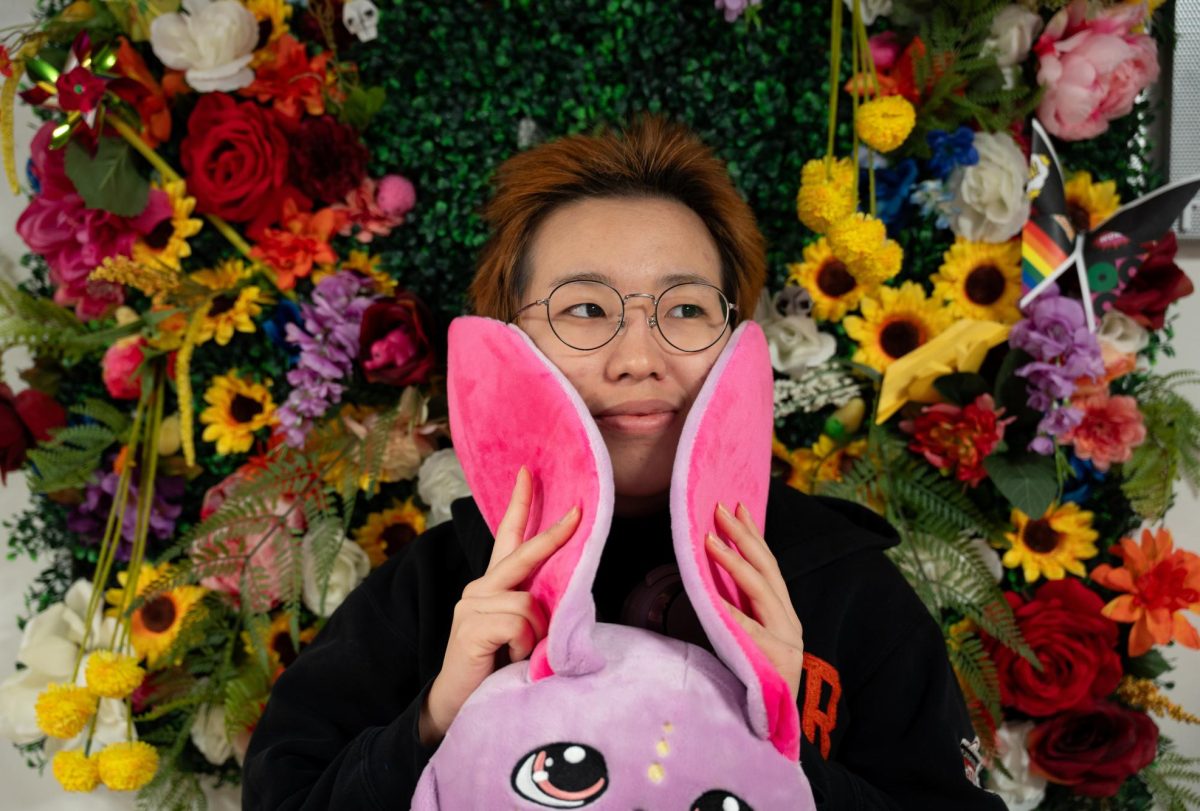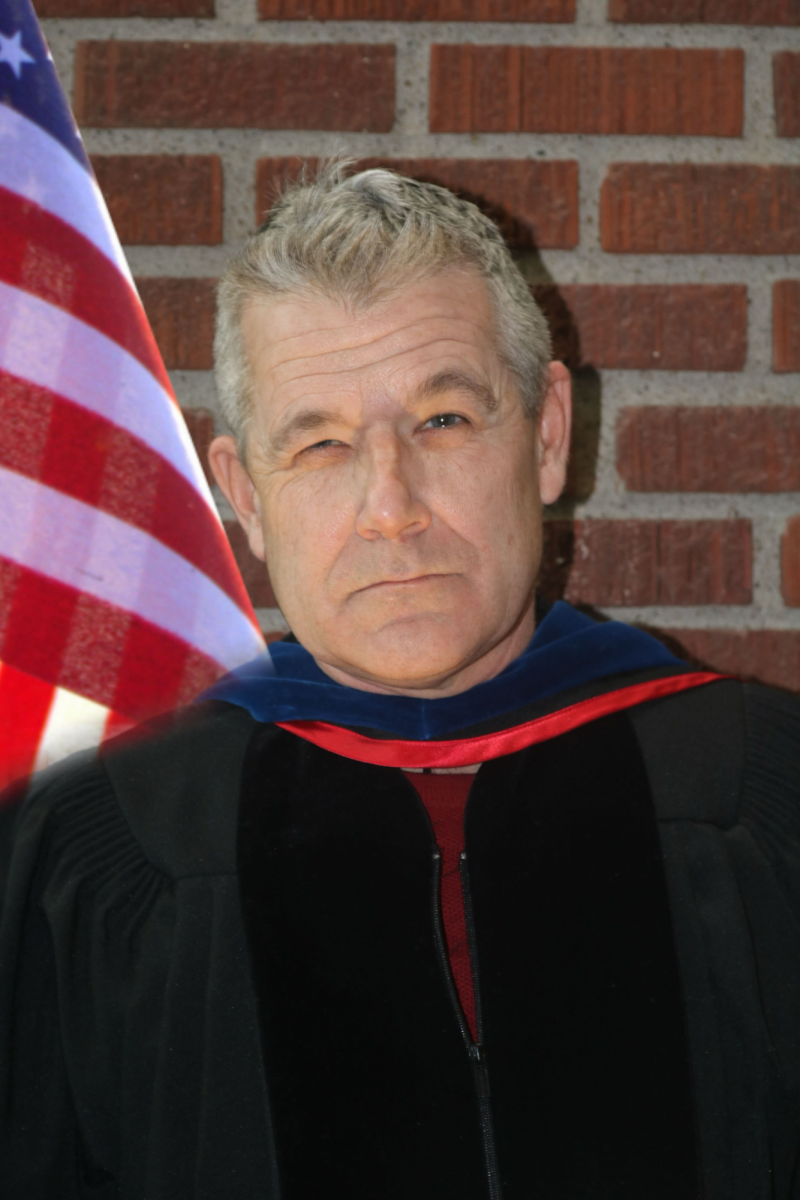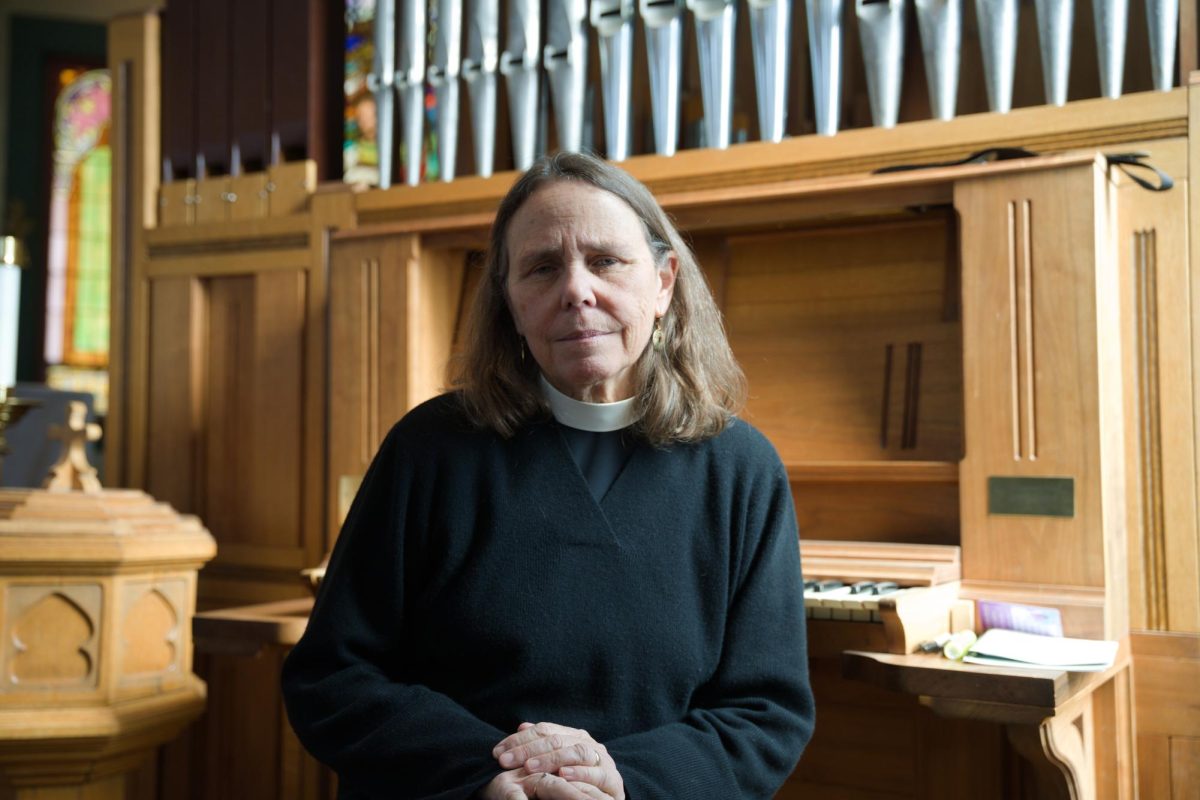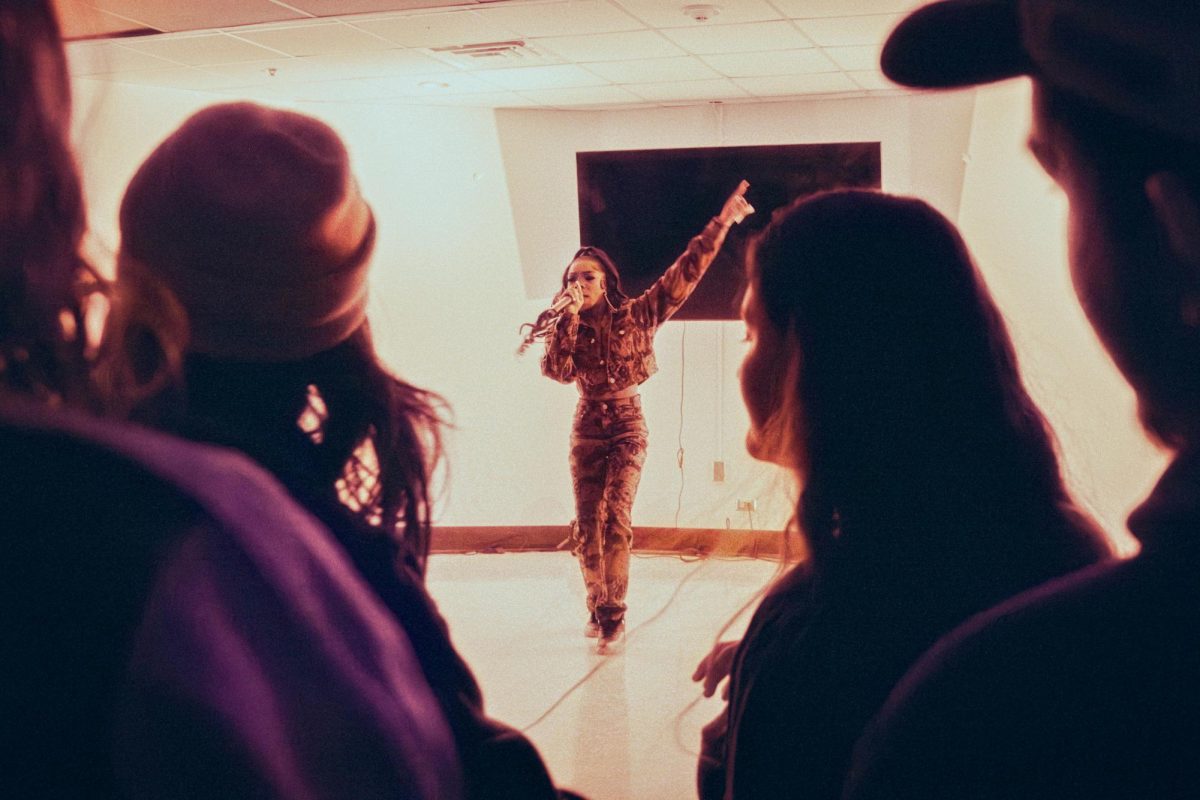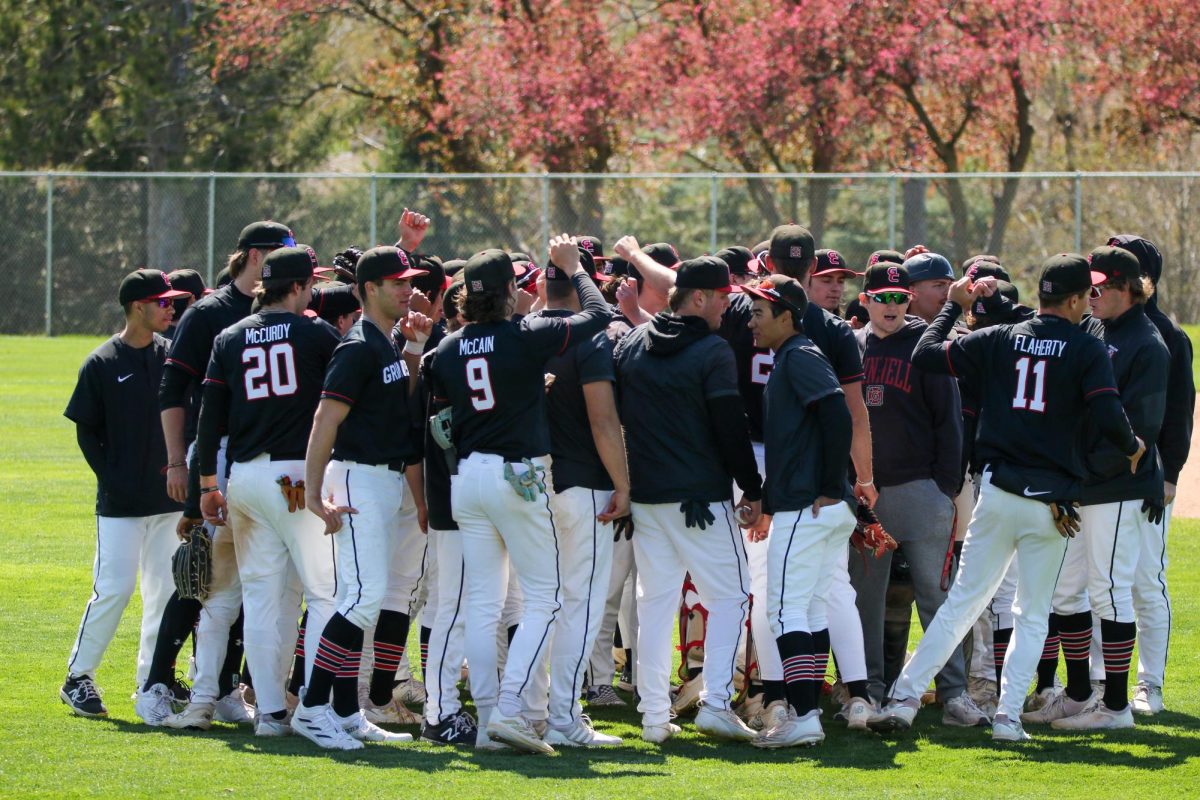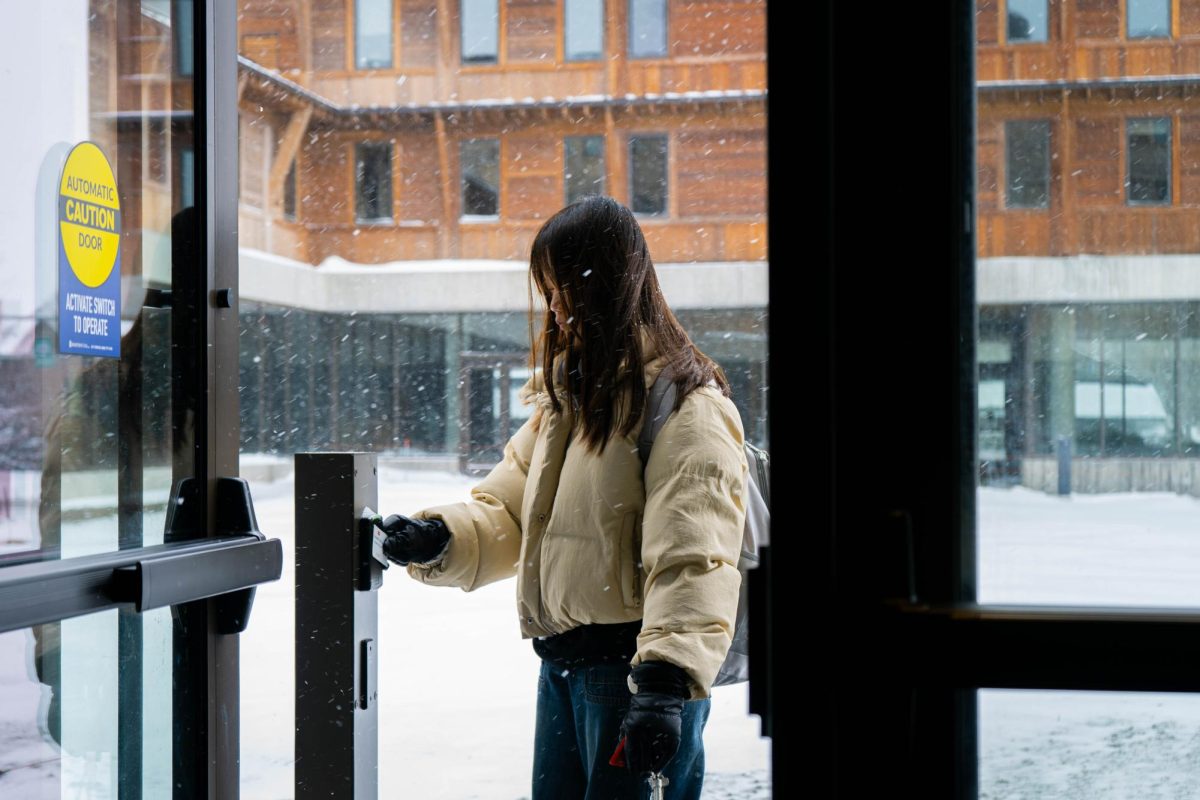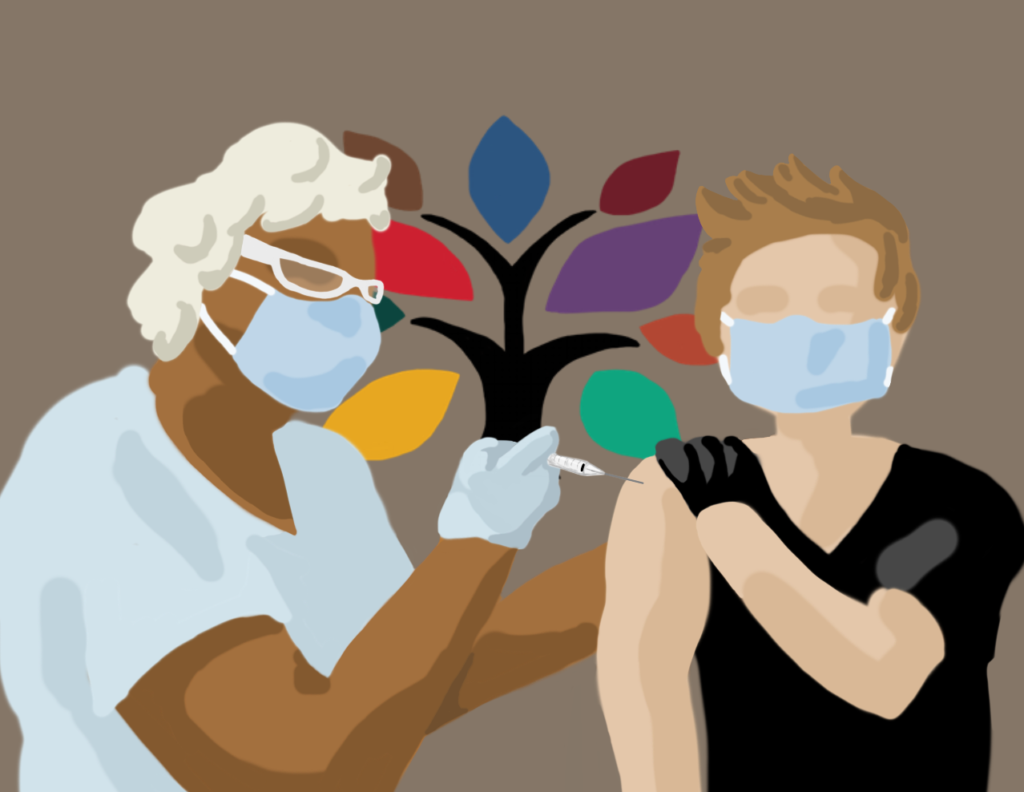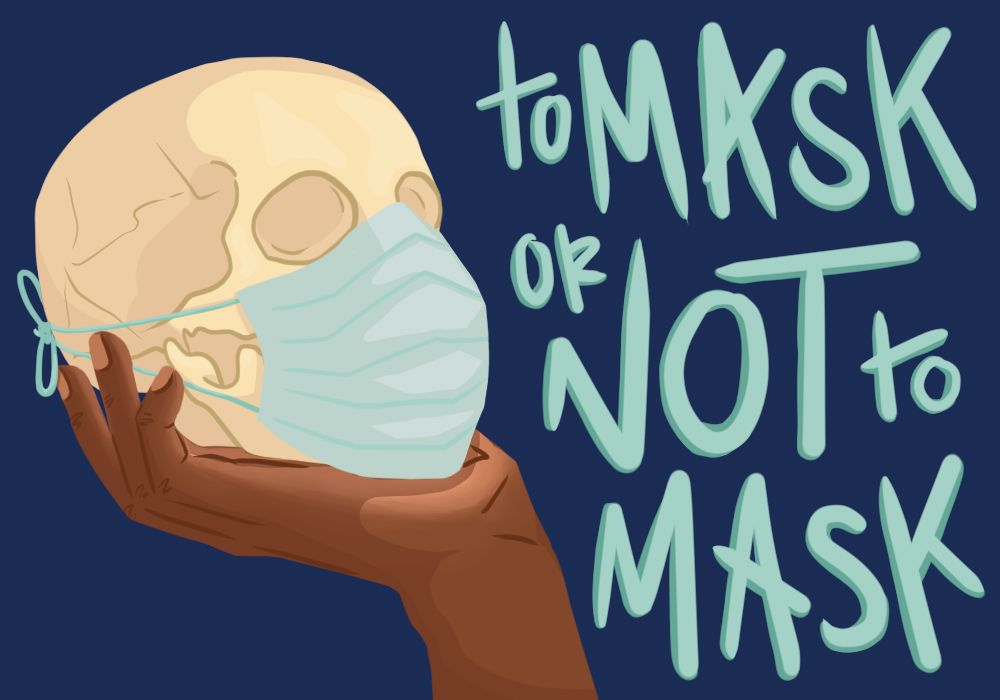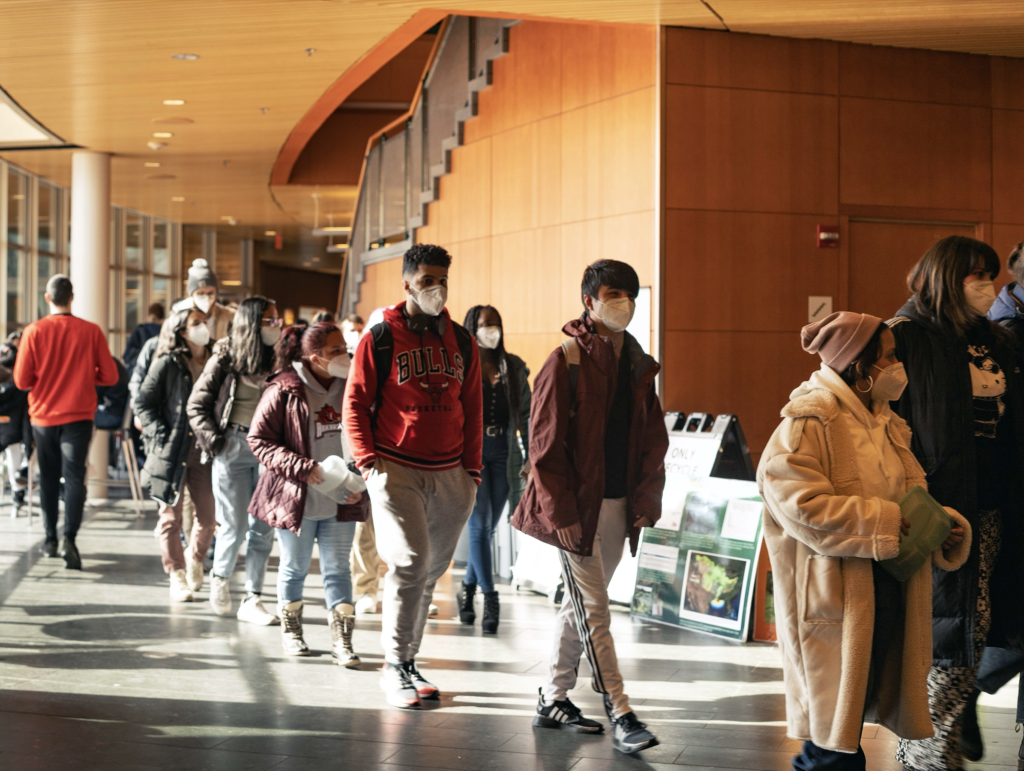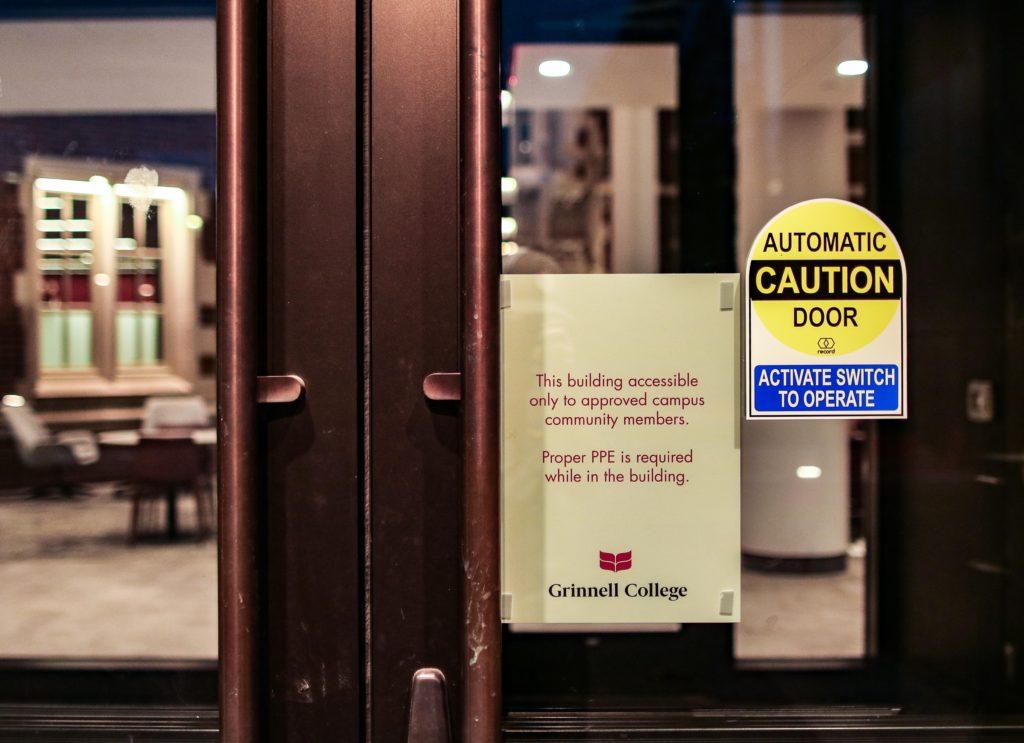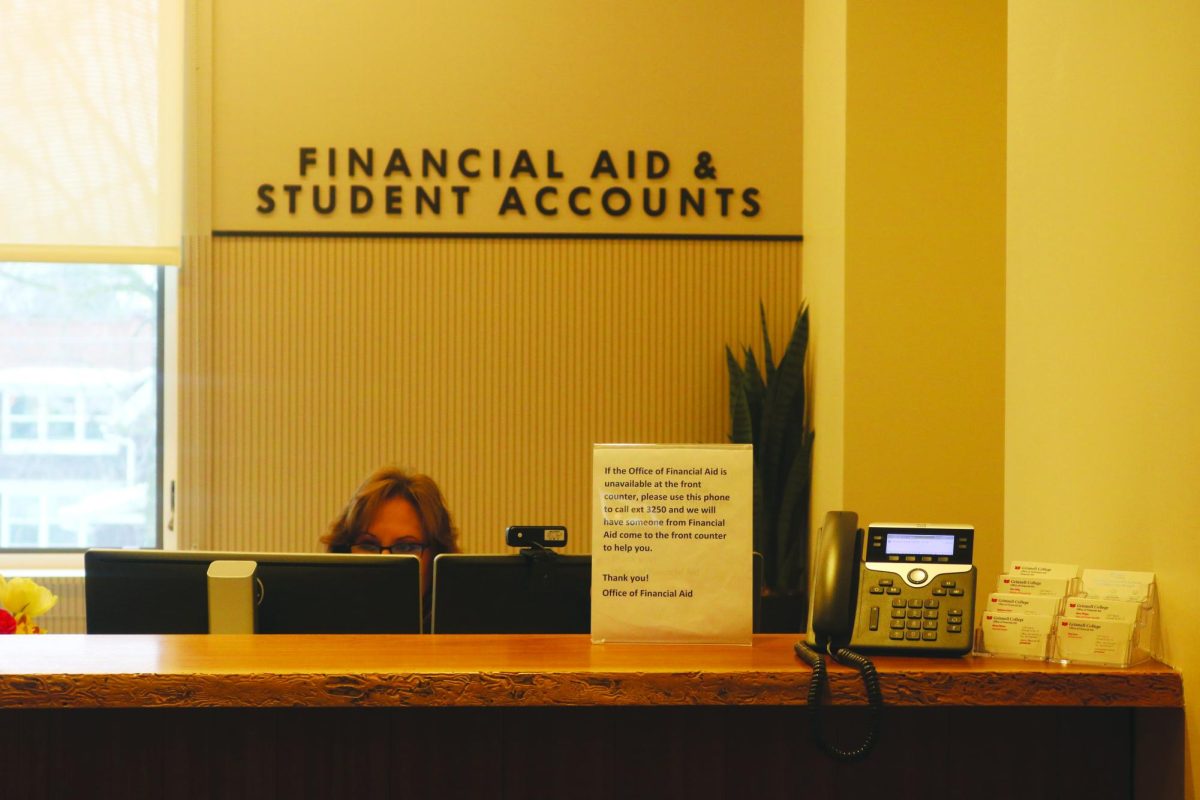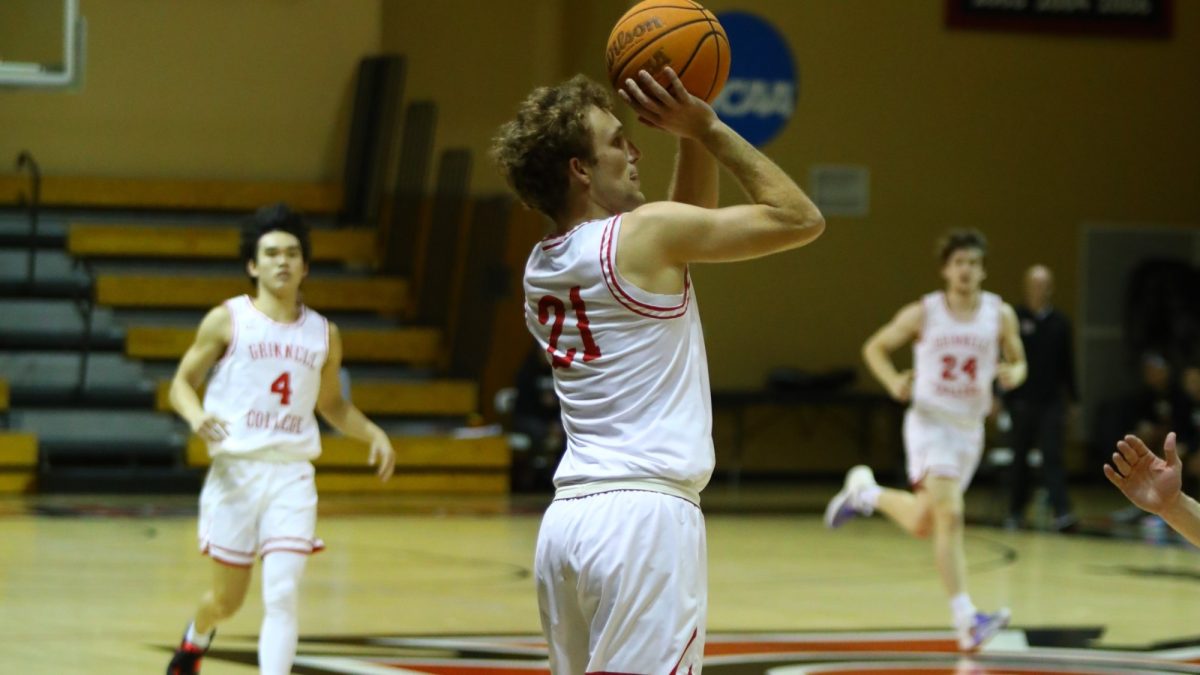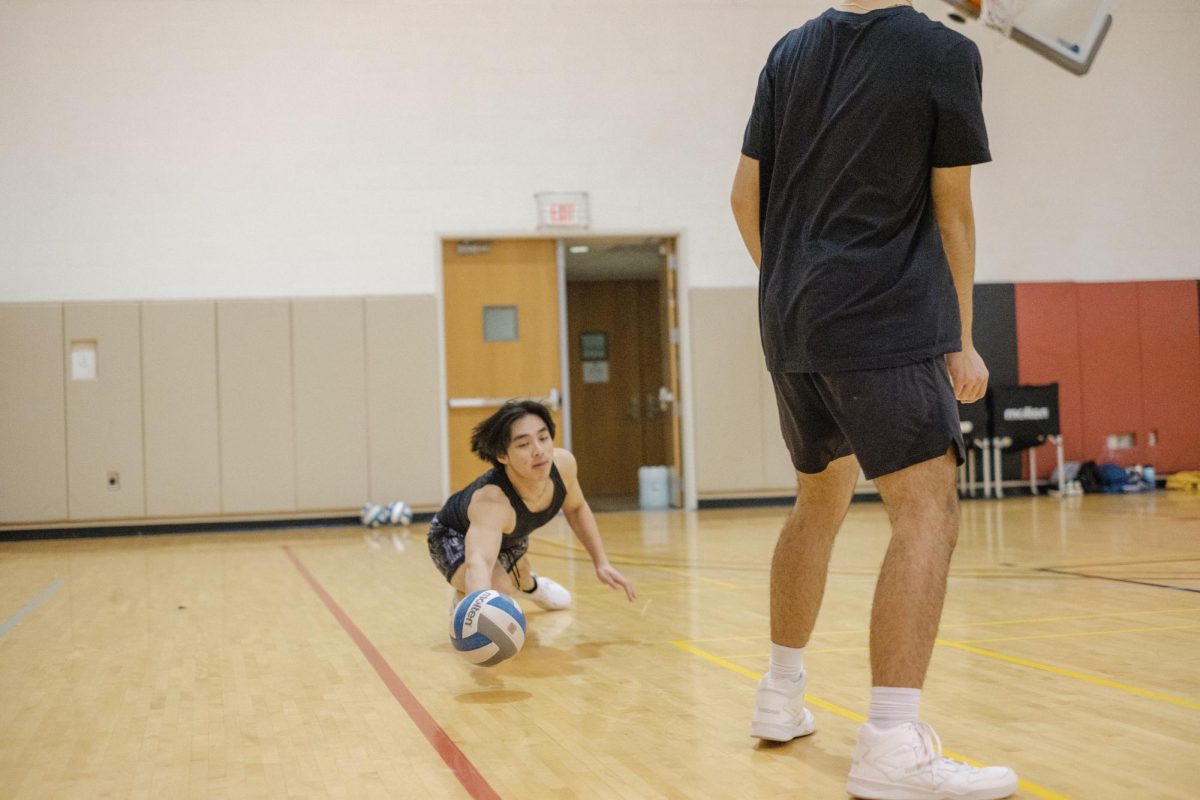Grinnell students studying abroad faced uncertainty and turmoil as they scrambled to pack up and return home or find accommodations to stay abroad while the COVID-19 pandemic forced the world into isolation, overrunning healthcare systems and shutting down public life.
“Every decision that I made was out of panic,” said Meltem Gokcebel, ’21, who spent part of her spring semester in Milan, Italy, a major city at the forefront of the coronavirus outbreak in Europe.
On March 12, one day after the World Health Organization officially declared the global coronavirus outbreak a pandemic, President Trump banned travel from 26 European countries. The same day, the Office of Off-Campus Study sent out an email informing students that Spring 2020 programs in Europe were suspended. On March 16, the Office canceled all Spring 2020 programs.
According to an email sent to The S&B by Director of Off-Campus Study Alicia Stanley, the OCS office had been monitoring the coronavirus since December. As the situation escalated, her staff worked with students on a case-by-case basis to determine the best course of action.
“When programs were suspended by our study abroad provider partners, students no longer had access to their program’s room and board, international health insurance and in-country support services, which factored into decisions about returning home,” wrote Stanley.
The upheaval that ensued resulted in an unprecedented and overwhelming experience for Grinnell students around the world.
Grinnell students in Italy were among the first to feel the effects of the virus. The outbreak began there in late February, disrupting Gokcebel’s semester weeks before the College chose to suspend European programs.
Then, in late February, the crisis in Milan escalated almost overnight.
“Everything happened in a split second,” Gokcebel said. One night, the bars and cafes in her neighborhood were crowded and bustling. The next morning, she woke up to emails informing her that Milan’s universities were shutting their doors. Gokcebel and her classmates were instructed not to leave their apartments.
Her program, run by the study abroad organization IES Abroad, urged her to stay in Milan and wait it out. But Gokcebel’s parents told her to come home. They suspected border closings were imminent, and flight prices were soaring as people rushed to leave the country. On Feb. 26, she boarded the three-hour flight to her home country of Cyprus.
After a whirlwind of flustered decision-making, Gokcebel is “still trying to process the whole situation.” She said she was frustrated by the lack of clear information and guidance during the unfolding crisis, especially from her study abroad program. “I was basically making decisions based on what my parents were telling me, and they were just freaking out.”
According to Gokcebel, when the College suspended all off-campus programs in Europe there wasn’t any specific information except that students could not stay on the continent and that flight refunds were available. “There wasn’t any guidance on what to do,” she said. Despite this, she appreciated that Stanley was in constant communication with her and “took care of her” during the process.

For some students abroad, leaving the country they were studying in seemed riskier than staying. Linnet Adams ’21 had been studying in Berlin, Germany for a month when programs were suspended. Adams worried that embarking on a trip back to the U.S., which would involve multiple international airports and long flights spent in close proximity to others, would be more dangerous than staying. COVID-19 is a contagious respiratory disease and airports and airplanes are breeding grounds for infection.
Adams was also concerned about the United States’ capacity to handle the outbreak. Germany, despite having more than 50,000 confirmed coronavirus cases, has reported a strikingly low number of deaths and has rolled out one of the most robust responses to the virus in the world. Adams hails from New Orleans, Louisiana, which has become a coronavirus hotspot in recent days.
So, when the College told Adams she had to leave, she initially pushed back.
“If I get on that plane, I’m going to be risking illness. … I’ll also be coming home to a country that’s wildly unprepared for this. Germany was testing people super early and that’s why they had so many cases at the beginning and a low death rate,” said Adams. “I thought that if I stayed [there], I would have a better chance [of surviving] if I were to get the virus.”
But the College told her that if she stayed, she would be put on a leave of absence and stripped of her credits for the semester.
“I felt like my education was in danger, along with my health,” said Adams. As a low-income student, she was discouraged that the College’s initial response to her situation was to threaten her credits during an already stressful and uncertain time.
After extensive contact with the College administration, the OCS Office drafted a waiver stating that Adams could release the College from liability for her health and safety abroad. The waiver also stated that if she stayed, the College would not pay for her flight home. Adams said her parents initially agreed for her to stay, but when it came to an expensive plane ticket, they realized she had no other choice but to return home.
While most students abroad were able to find a way home, others were not. For Nicole Mendez Subieta ’21, reuniting with her family soon became out of the question. Subieta, who is from Cochabamba, Bolivia, was stranded in Europe after swift border closures in Latin America prevented her from travelling home.
She had been studying in Lisbon, Portugal, where the novel virus sparked panic following the outbreaks in Italy and Spain. Soon after the World Health Organization declared the global COVID-19 outbreak a pandemic on Marcih 11, several Latin American countries began closing schools and imposing stringent restrictions on travel.
Before Subieta could buy a ticket home, Bolivia shut its borders. Despite her precarious position caused by the border closure, Subieta said she’s proud of the Bolivian government’s quick response to the crisis. The country’s lack of public health infrastructure means it is unequipped to handle a mass outbreak of the coronavirus. “We don’t have the intensive care resources to deal with it,” she said.
However necessary, the border closures left her stuck in limbo. European countries were starting to close borders and cancel flights, and her program was giving her a strict deadline to leave. As with Adams’ case, the OCS office was threatening to take away credits and scholarships from students who refused to comply with the order to evacuate. During more than a few moments, Subieta found it difficult to think straight.
“In the moment where everything developed, it felt like there was no solution. I had to talk to my program in Portugal, I had to talk to [Alicia Stanley] in Grinnell, I had to talk to my parents. I felt so overwhelmed that at one point I went for a walk and completely ignored what was happening,” said Subieta.
The support she received from friends and family kept her afloat. “I had so many people reach out and to see how I was. I felt overwhelmed, but I didn’t feel alone.”
Eventually, connections from a previous study abroad experience came to her rescue. She contacted her old host family in Hamburg, Germany, whom she stayed with for a year before
starting at Grinnell. They immediately told her to come stay with them. Not long after, Subieta boarded the last flight to Hamburg.
Meanwhile, Cally Carr ’21 was in the city of Cusco, Peru on the opposite end of Latin America’s stringent border closures. Carr had been in Peru for five weeks when the country went into lockdown. The number of confirmed cases of coronavirus in the city was low, but to further quell the spread of the virus, the government imposed a nightly curfew. During quarantine, Carr painted rocks and played games with her nine-year-old host-brother.
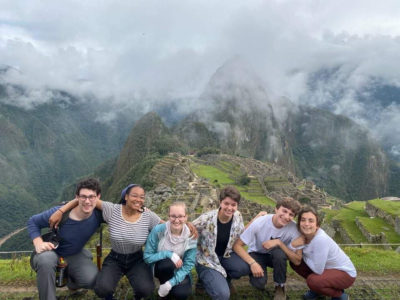
Eventually, her program, run by SIT Study Abroad, began to actively try to get students out of the country. But Carr’s family lives in New York City, which was emerging as the center of the coronavirus outbreak in the U.S.
“It’s kind of terrible here right now,” said Carr, who returned home a week ago after being evacuated from the country on a repatriation flight. “Things are much calmer in Peru, at least in Cusco. I also feel like the government in Peru was taking more active steps to address and control the situation, but there was a certain point where [the program] just wouldn’t let me stay.”
Her flight from Cusco to Miami was filled with U.S. residents donning protective masks. When she landed in Miami, Carr said the nonchalant atmosphere in the airport was concerning.
“In Cusco, everyone had a mask. Everyone had gloves. They were taking temperatures. Then you get to the U.S. and everyone is just … relaxed,” she said. Carr is currently quarantining with her family in New York, where the virus has infected more than 120,000 and taken more than 4,000 lives.
For students who were travelling outside the United States for the first time, the semester’s abrupt ending was especially difficult to come to terms with. This was the case for Antonix Davis ’21, who had been on a year-long study abroad program in Tokyo, Japan. When their program was suspended, Davis was given three days to leave the country — a small window in which to pack, organize departure plans and have some semblance of closure with their host family.
“To have my first experience being in a foreign country to end with me being ejected in three days was really hard,” said Davis. “The hardest part is not being able to have time with my host family. We were so excited for having the next four months together.”
Up until then, Davis hadn’t sensed much concern about the coronavirus in Japan, even with its close proximity to China.
“The rest of Japan seemed pretty unconcerned. No one had said anything about quarantining or social distancing, except for people that had come from China,” they said. Davis didn’t realize the gravity of the situation until they started an internship at a Zen Buddhist Temple, where the Temple staff were much more stringent about wearing protective masks.
After that, Davis started wearing masks when going outside.
Davis has since returned home to Texas, where they self-quarantined for two weeks. Like Gokcebel in Cyprus, Davis struggled with the abrupt transition from a fresh and exciting life in a new country to the solitude of quarantine back home.
“There was time for me to kind of mourn that I was leaving, but not a lot. … I’m still all over the place. I haven’t quite registered that I’m in the U.S. right now,” they said.
Victims of an unfortunate flight complication, Davis’s two suitcases are still in Japan. The luggage is scheduled to be shipped by sea and won’t arrive in Texas for another two months.
Even though students abroad were dealing with their own unique situations across the world, they were also aware of the events unfolding back on campus. While Carr said she had very little communication with the College, she received the all-campus emails regarding the campus shutdown. Subieta and Davis also said they received the emails about what was occurring in Grinnell, heightening the sense of turmoil as they dealt with their own circumstances.
As their semesters abroad were cut short, the opportunities for cultural immersion and on-site language study were halted. But the gravity of the situation seems to outweigh the lost experiences. As Carr said, “It’s sad, but I understand. It’s a global pandemic. You can’t really change that.”

